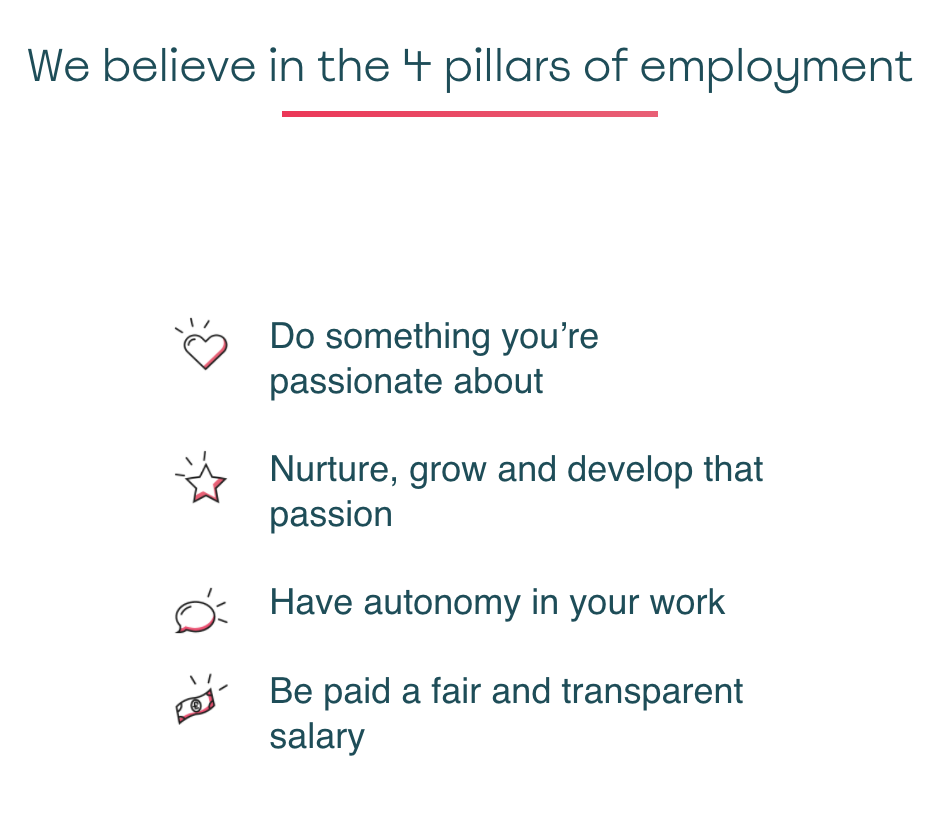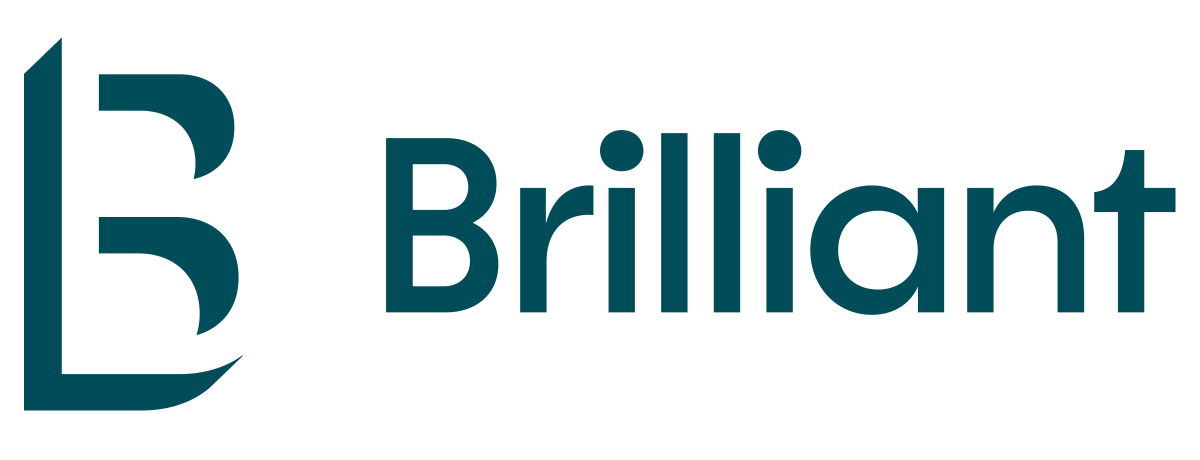
Transparency and fairness are two values we hold very dear and so since the earliest days of Brilliant almost 11 years ago we knew we wanted to make our salary brackets available for all of our staff and any prospective team members. This means that no one is being underpaid for their skill level or be paid differently based on their gender, background or age.
There are lots of benefits to be shared by employers and their employees when people are given access to the companies’ salary brackets, and we’ve explored what the benefits are of doing so.
HAPPY EMPLOYEES
It is reassuring for staff to know that they are being treated fairly and not being sold short for their skills and time, as it would be easy for business owners to hire talented people for as little money as possible to secure them into their business. At Brilliant we follow the 4 Pillars of Employment.
If you’ve ever hunted for a job in a competitive industry, you will be able to relate to that feeling of elation that arises when a company actually acknowledges your hard-work, experience and qualifications. And it leaves turning down a job because it doesn’t quite pay what you expected feeling like it is simply not an option – this is the uneven power dynamic that allows for unfair pay to exist.


MOTIVATION
As well as making for happier employees, knowing where you stand within the company provides motivation for clearly outlined paths for progression within the company and an opportunity to advance your career.
For the employer, this motivates their employees to work hard by boosting morale and creating an air of respect… all in all, it encourages people to stay loyal to the company with the view of up-skilling, and climbing the ladder with the prospect of a new job title and a larger salary.
CLOSING THE PAY GAP
Ensuring that employees are being paid fairly within your company is not only important for boosting morale amongst employees, but as part of the bigger picture, publishing salary brackets can contribute to the wider movement of closing the pay gap.
When employers refuse to be transparent with their employees about pay, the door is left wide open for discriminatory pay gaps. In the UK, although not as prevalently as they have been in the past, pay gaps still exist meaning that ill-intending employers are still getting away with unfair pay practises without being held accountable. This kind of discrimination can only be abolished when companies are completely transparent with their employees about what they are entitled to.
The World Economic Forum’s Global Gender Gap Report concluded that following the pandemic, we face a global increase in the number of years before the gender pay gap is going to be closed completely from 99.5 to 135.5 years.
Despite this, there are a number of companies who are unwilling to publish their pay brackets, and it is allowing for workplace inequalities and un-helpful power dynamics to exist – it goes without saying that when employers are unwilling to share fundamental information about you and your colleagues’ rights, employees are left wondering why.
Ultimately, employees deserve access to information that can determine whether or not a job is financially suitable and in proportion to the skills they have to offer.
This should be a simple fix for employers who really do pay their staff fairly… and by doing so, they are able to contribute to creating a culture where discriminatory pay gaps can not – and do not – exist.


